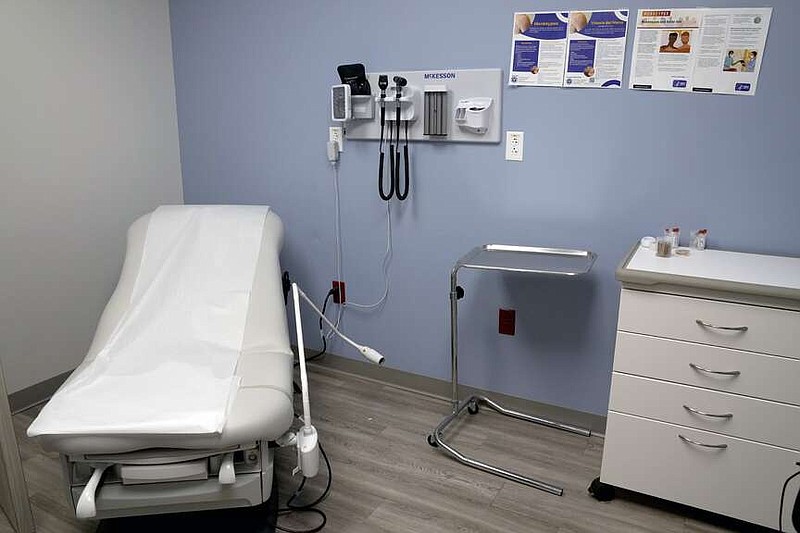NEW YORK -- Workers are entitled to time off and other job accommodations for abortions -- along with pregnancy-related medical conditions like miscarriage, stillbirth and lactation -- under the Pregnant Workers Fairness Act, according to finalized federal regulations published Monday.
The regulations provide guidance for employers and workers on how to implement the law, which passed with robust bipartisan Congressional support in December 2022 but sparked controversy last year when the Equal Employment Opportunity Commission included abortions in its draft rules. The language means that workers can ask for time off to obtain an abortion and recover from the procedure.
The EEOC says its decision to keep the abortion provisions in its final rules despite criticism from some conservatives is consistent with its own longstanding interpretation of Title VII, as well as court rulings. The federal agency added that the new law does not obligate employers or employer-sponsored health plans to cover abortion-related costs, and that the type of accommodation that most likely will be sought under the Pregnant Workers Fairness Act regarding an abortion is time off to attend a medical appointment or for recovery, which does not have to be paid.
The act requires most employers with 15 or more employees to provide "reasonable accommodations" for a worker's known limitations related to pregnancy, childbirth, or related medical conditions -- including fertility and infertility treatments in some cases -- unless the accommodation will cause the employer an undue hardship. The EEOC's regulations, which will be used as a framework to enforce the law, will go into effect on June 18.
Labor advocates hailed the new law as especially important for women of color who are most likely to work in low-wage, physically demanding jobs but are often denied accommodations for everything from time off for medical appointments to the ability to sit or stand on the job. Major business groups also supported the law, citing the need for clarity about the accommodations that employers are required to give pregnant workers.
"No one should have to risk their job for their health just because they are pregnant, recovering from childbirth, or dealing with a related medical condition," said EEOC Chair Charlotte A. Burrows on Monday.
But Republican lawmakers and anti-abortion activists denounced the EEOC's inclusion of abortion after the agency first released its proposed rule in August for a monthslong public commentary period. Abortion rights proponents, meanwhile, applauded the provision as critical at time when abortion rights have been curtailed in many states following the U.S. Supreme Court's 2022 decision to overturn Roe v. Wade. The EEOC is composed of three Democratic commissioners and two Republican commissioners.
Sen. Bill Cassidy of Louisiana, the lead Republican sponsor of the Pregnant Workers Fairness Law, accused the Biden administration on Monday of "shocking and illegal" disregard of the legislative process to promote a political agenda. The Alliance Defending Freedom, a conservative Christian legal organization, said the Biden administration was trying to "smuggle an abortion mandate" into the law.
But in comments submitted to the EEOC, the American Civil Liberties Union applauded the agency for "recognizing that abortion has for decades been approved under the law as a 'related medical condition' to pregnancy that entitles workers to reasonable accommodations, including time off to obtain abortion care."
The EEOC said it had received 54,000 comments urging the commission to exclude abortion from its definition of medical condition related to pregnancy, but it also received 40,000 comments supporting its inclusion. While the commission said it understood that both sides were expressing "sincere, deeply held convictions," it cited numerous federal cases that it said supported its interpretation that abortion is a pregnancy-related condition deserving of protection.
The new rules include extensive details on the types of accommodations that pregnant workers can request, from temporary exemption from jobs duties like heavy lifting to considerations for morning sickness.
The new law makes clear that that pregnant workers are entitled to accommodations to keep doing their jobs, mirroring the process for workers with disabilities. It places the burden on employers to prove "undue hardship" if they deny requests for modifications.

